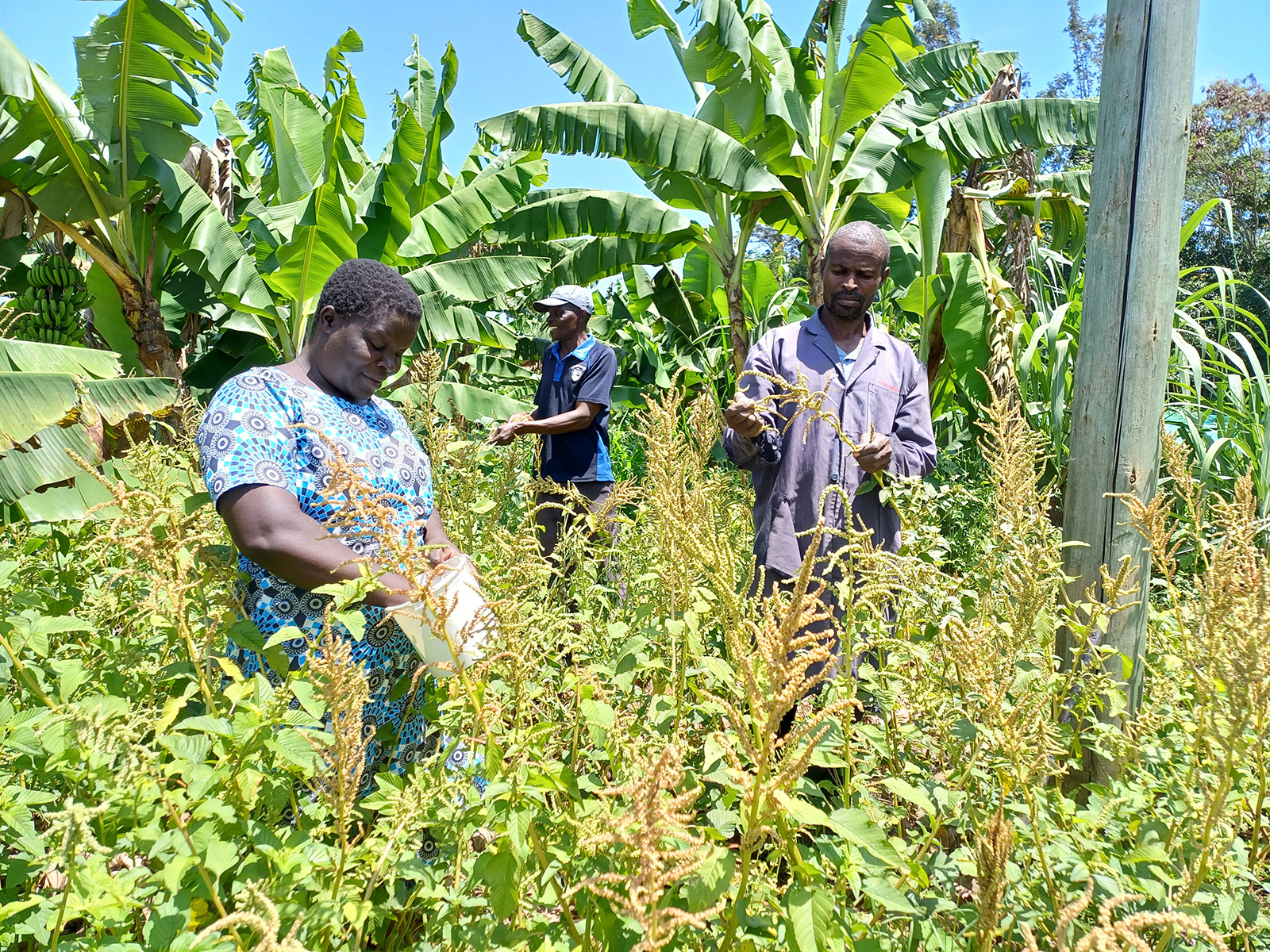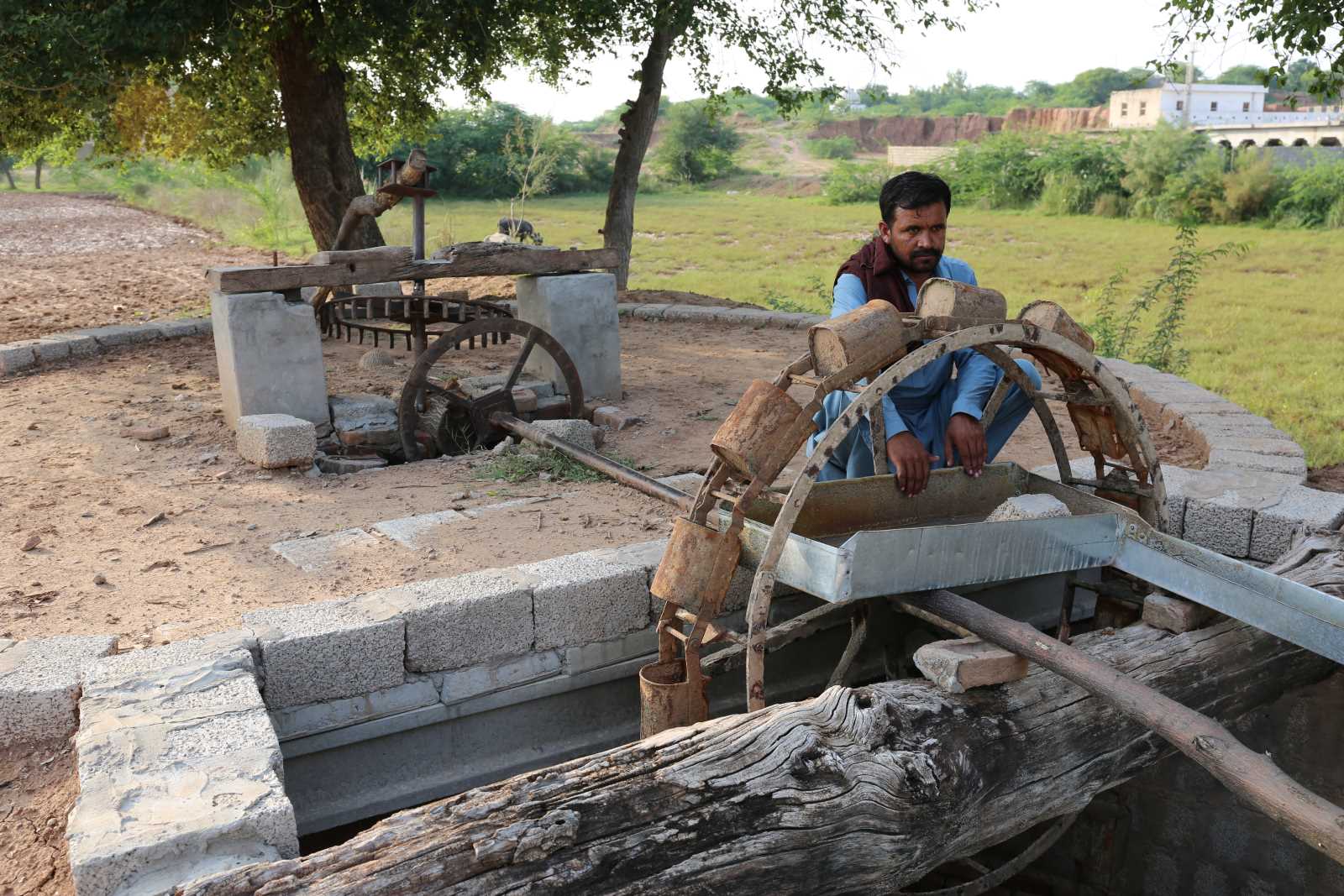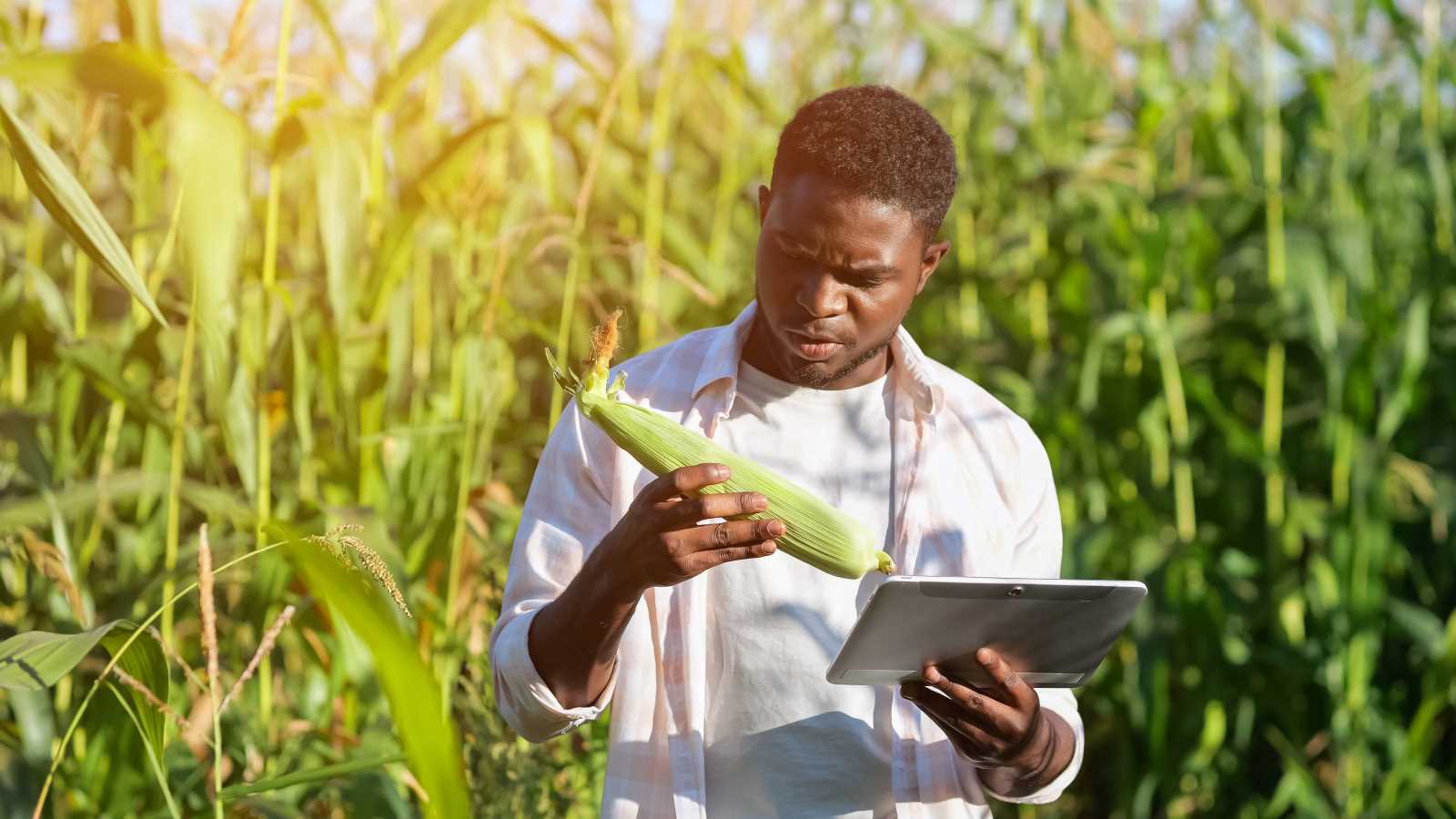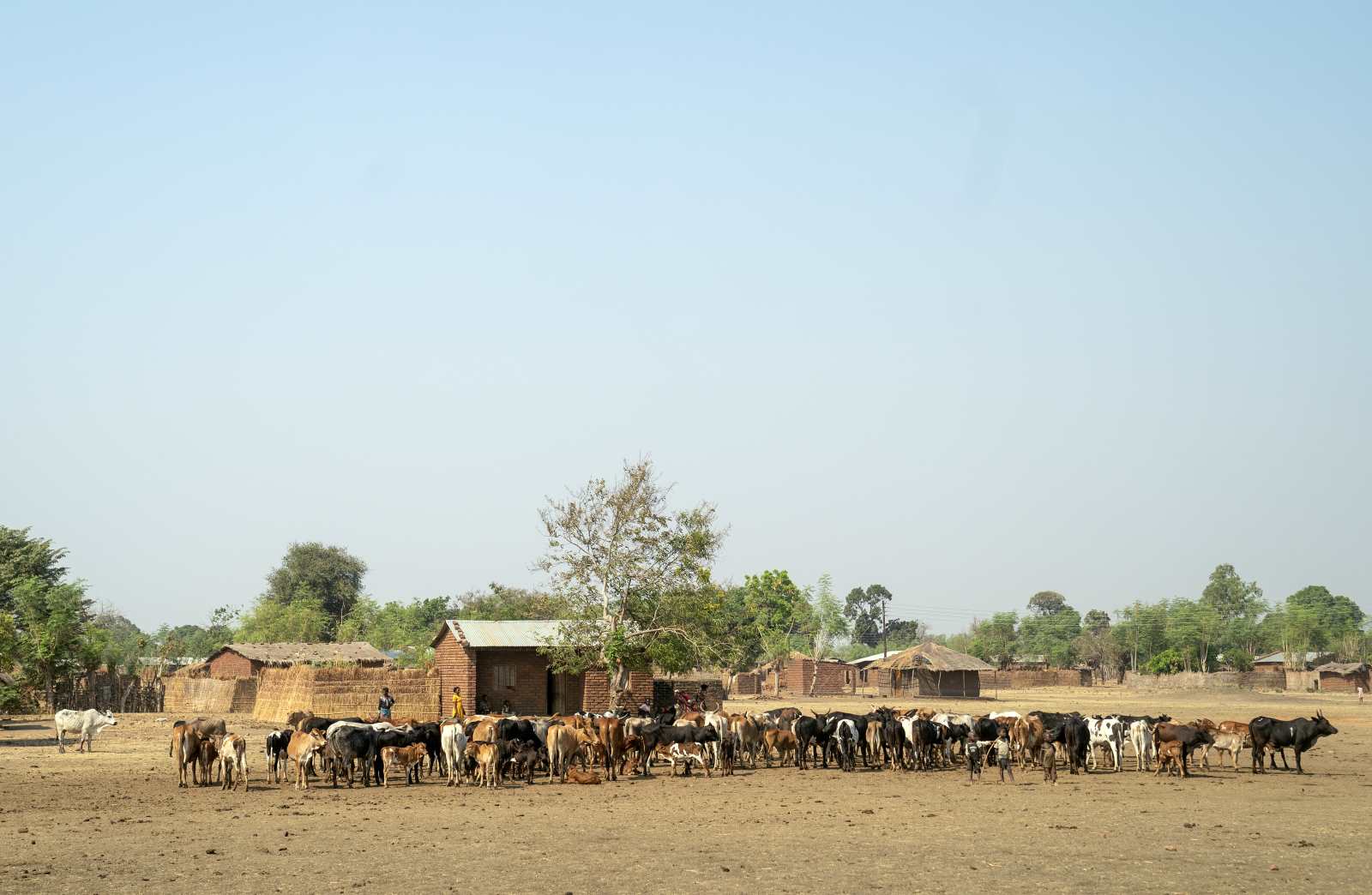Rural development
Africa must move on from subsistence farming
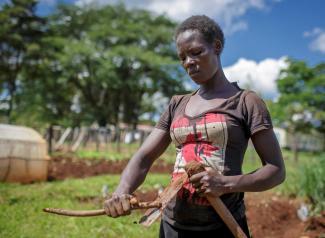
Africa has over 60 % of the world’s arable land. It is absurd that it is also home to a huge number of people suffering food insecurity. Quite obviously, the continent is a potential agricultural powerhouse, but this potential has not been tapped.
Shortfalls in farm production mean that African countries must import food. Indeed, $ 60 billion worth of food is shipped to this world region annually. This is, in itself, a huge burden on economies because it leads to a constant outflow of precious foreign-exchange reserves. Not being self-sufficient, moreover, means there is a risk of importing inflation. Price shocks on global markets have immediate impacts on African consumers.
In a sense, importing food is equivalent to exporting farm work. Given that masses of Africans live in rural areas, this is not an approach that can make African economies competitive. The continents’ nations can be grateful for the food aid they get in the short term, but it is a poison pill in the long run. Policies must change for countries to achieve food security, strong growth, macroeconomic stability and balanced budgets.
The urgent need to modernise
African countries must modernise agricultural operations. Governments must move beyond the subsistence approach, according to which farming is what poor people do in rural areas to sustain themselves. Agriculture must finally be considered the vitally important industry that it actually is. Such a paradigm shift will boost properly understood sovereignty.
For too long, African policymakers have mostly focused on urban areas. The general priority was not to improve rural productivity, but to keep urban populations happy. An unintended side-effect has been the migration from remote villages to the cities, where, however, masses of people live precarious lives in informal settlements. In order to reduce urban poverty, it is thus essential to improve standards of living in rural areas.
African governments have largely neglected these issues. In the hope of keeping urban consumer prices low, their priority was to keep farmgate prices low as well. This approach has reduced national self-sufficiency in regard to staple foods. The reason is that farmers had incentives to shift to goods such as cocoa or tobacco, which fetch higher prices and are in demand internationally.
At the same time, African governments have not done a good job of managing exports of this kind well. Ghana and Côte d’Ivoire together account for about 60 % of global cocoa production, for example. If they formed a common Cocoa marketing board, their bargaining power would increase.
So how can African countries modernise agriculture? Land is available, but it is not the only variable on which agricultural development depends. This sector, like any other, needs a favourable investment climate. Farms must become attractive businesses.
Wrong incentives
So far, however, African economies generally do not provide good incentives for agricultural investments. Interest rates are high. Subsidies are low or non-existent. Agricultural research tends to be poor, and, as a consequence, agricultural extension services tend to be poor too. Some countries charge high extraction taxes. Rural infrastructure is generally inadequate, as is true of other developing world regions.
Farming communities obviously need roads, water and power supply and telecommunications. They also need educational opportunities and health services. Where there are neither storage facilities nor marketing options, investment in farms will always look unattractive. Adding to the problems, farm produce is almost exclusively processed in urban areas in Africa. For these reasons, it is hardly lucrative to invest in African farms.
High interest rates are a break on agricultural development. In all industries, investments are typically financed, at least in part, with credit. Where loans are expensive and difficult to get, businesses will not flourish. High interest rates of around 25 % are common in rural Africa, however. Moreover, there is a destructive gender bias. About 85 % of African smallholdings are run by women. They do most of the field work too, but they often do not own the land. Lacking collateral, they typically have no access to credit, even though they are the ones who would probably have the best investment ideas.
In countries with high average incomes, farming families rely on high technology. They use combine harvesters that easily cost $ 500,000 or more. They benefit from subsidies and enjoy low interest rates of below five percent. Many invest in information technology, which has begun to make a difference in terms of smart irrigation, autonomous machines or drone supervision of fields.
Still harvesting with sickles
None of this is imaginable in Africa at current conditions. As long as interest rates and other aspects of the investment climate remain as unfavourable as they are, farmers will keep harvesting with sickles. Productivity will remain low. Post-harvest losses will stay high – and they mean that about 30 % of the food that Africa produces is not consumed these days. As produce rots in fields and gardens, African economies keep importing staple foods as well as juice and tomato paste. Experts reckon that proper harvest handling (including storage, transport and processing) would boost the productivity of African agriculture by one third without increasing the land under cultivation.
African governments can and must rise to the challenges. There are many things they can do. More and better agricultural research should be high on the agenda. It must focus on how to improve farm productivity in the specific context of their countries’ rural areas. China and South Korea invest about two percent of their agricultural GDP in these matters. In Africa, the figure is normally below one percent.
Mobilise the private sector
Another priority must be to stimulate private investment. Government policies could benefit from the fact that major financial institutions such as pension funds or insurance companies are interested in good long-term investment opportunities around the world. If the general investment climate in African agriculture improves, they are likely to provide large sums for sensible private-sector projects.
A sensible step would be to set up food-processing facilities in the areas were staple crops are grown. They would become the core of rural-economy hubs, serving both as centres of development and engines of growth.
The better farmers’ opportunities become to market their goods, the more attractive farm investments will become. To date, they lack the kind of nearby spot markets which would emerge in the processing zones proposed above.
More can be done. By establishing commodity exchanges, African countries could facilitate speculation in commodities and thus give farmers further options for selling their goods. Initiatives to launch such exchanges are therefore commendable in Zimbabwe, Rwanda, Nigeria, Ethiopia and other countries. However, these initiatives must go along with a strong improvement of warehouse infrastructure. Without it, the exchanges will not be able to properly match supply and demand in regard to quantity, quality, timing and prices.
Infrastructure development must generally be a key component of any strategy to modernise agriculture. Power-generation capacities must improve, for example. So far, about 600 million Africans lack electricity. Transport infrastructure – including, where possible, rail networks – and water supply are crucially important too. For rural people to become able to grasp modern opportunities, they need good schooling. Otherwise, they are unlikely to even understand their chances. Moreover, they deserve good healthcare. Otherwise, an accident or an illness of a breadwinner can plunge entire families into desperate need long term.
Of course, rural modernisation policies will hinge on internet connectivity too. There are several reasons:
Financial services can largely be provided online today. Access to credit no longer depends on bricks and mortar banks. In doubt, farmers only need a mobile device. The same device can give them access to commodity exchanges, once these are fully operational.
The internet has become essential for the distribution of knowledge. Famers can use it to research prices and other business-relevant information. To some extent, governmental awareness raising can reach out even to illiterate people, but they will, nonetheless, remain unable to make full use of all online opportunities.
Nyasha J. Kavhiza is an agronomist and lives in Zimbabwe.
njkavhiza@rocketmail.com

